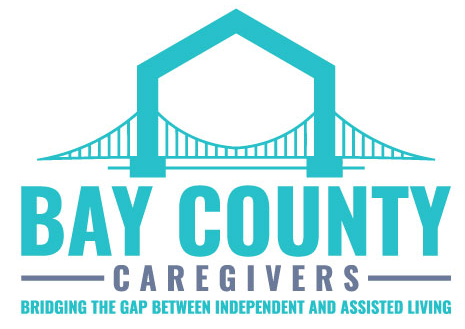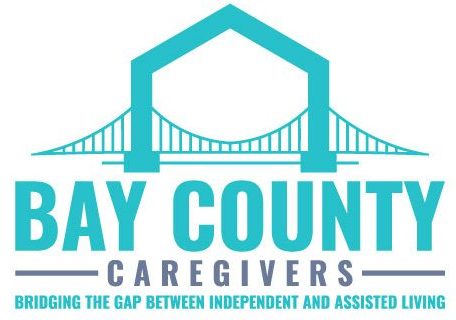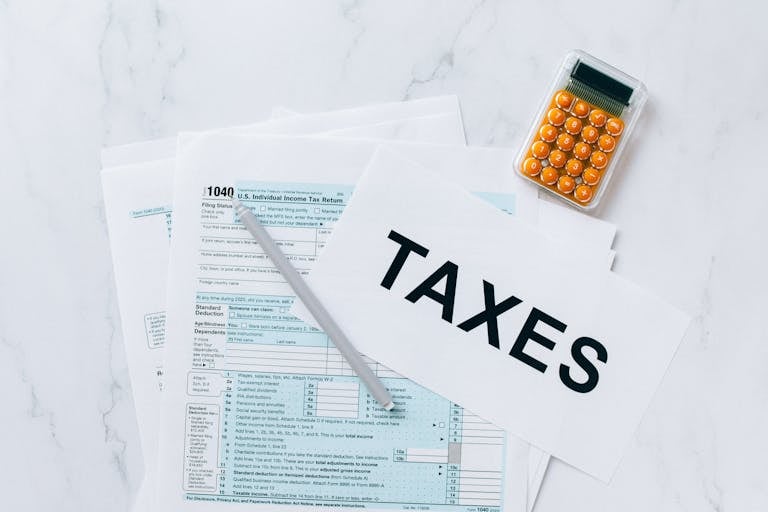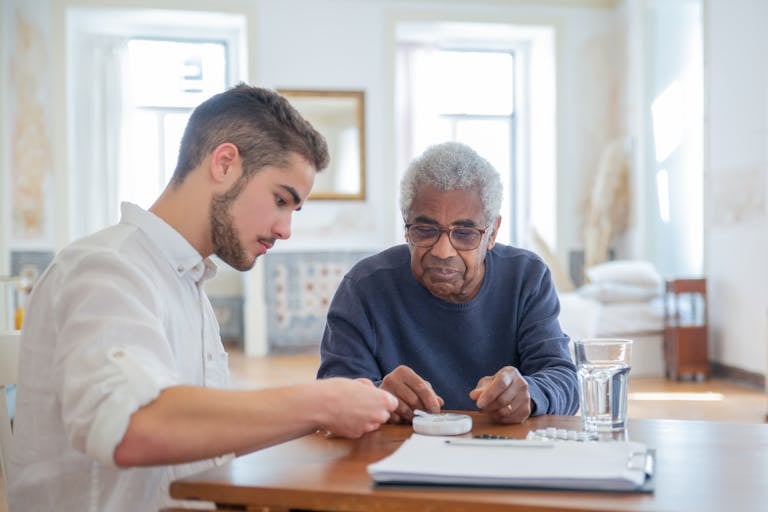Stages of Dementia: Monitoring Progression at Home

Dementia is a complex and progressive condition that affects memory, thinking, and behavior. Understanding and monitoring its progression can help caregivers and families provide better support and adapt care strategies.
Here’s a concise guide on how to observe and track the stages of dementia at home:
Stages of Dementia
Early Stage:
- Memory Lapses: Noticeable difficulty in remembering recent events or conversations.
- Routine Disruptions: Trouble with organizing tasks or managing daily routines.
- Subtle Changes: Slight changes in language, such as forgetting common words or struggling to follow conversations.
Middle Stage:
- Increased Memory Loss: Frequent forgetting of personal history, important events, and familiar people.
- Daily Challenges: Difficulty performing complex tasks like cooking or managing finances.
- Behavioral Changes: Noticeable changes in behavior, mood swings, and confusion about time and place.
- Need for Assistance: Increasing reliance on caregivers for daily activities and personal care.
Late Stage:
- Severe Memory Loss: Complete loss of recognition of family and close friends, and inability to recall personal history.
- Impaired Communication: Significant difficulty in speaking or understanding language; may rely on non-verbal communication.
- Physical Decline: Trouble with mobility, increased need for help with basic functions like eating, dressing, and personal hygiene.
- Constant Supervision: Requires around-the-clock care to ensure safety and comfort.
Tips for Monitoring Progression:
- Keep a Journal: Record changes in behavior, memory, and daily functioning regularly.
- Use Checklists: Maintain a checklist for daily tasks and note any difficulties or improvements.
- Engage with Healthcare Providers: Regularly update doctors and specialists on observed changes to adjust care plans effectively.
- Promote a Safe Environment: Adapt the home environment to reduce risks and enhance safety as dementia progresses.
General Tips for All Stages
1. Stay Informed: Educate yourself about dementia and its progression to better anticipate and respond to changes.
2. Regular Check-Ins: Schedule periodic assessments with healthcare professionals to track progression and adjust care plans as needed.
3. Support Networks: Engage with support groups and resources to share experiences and gain advice.
4. Self-Care: Caring for someone with dementia can be demanding. Ensure you also take time for yourself and seek support if needed.
Monitoring dementia at home involves understanding the stages of the disease and making adjustments to care and environment as needed. By staying vigilant and proactive, you can better support your loved one through the progression of dementia.
If you have any questions or need anymore help on understand dementia, please contact us today!







